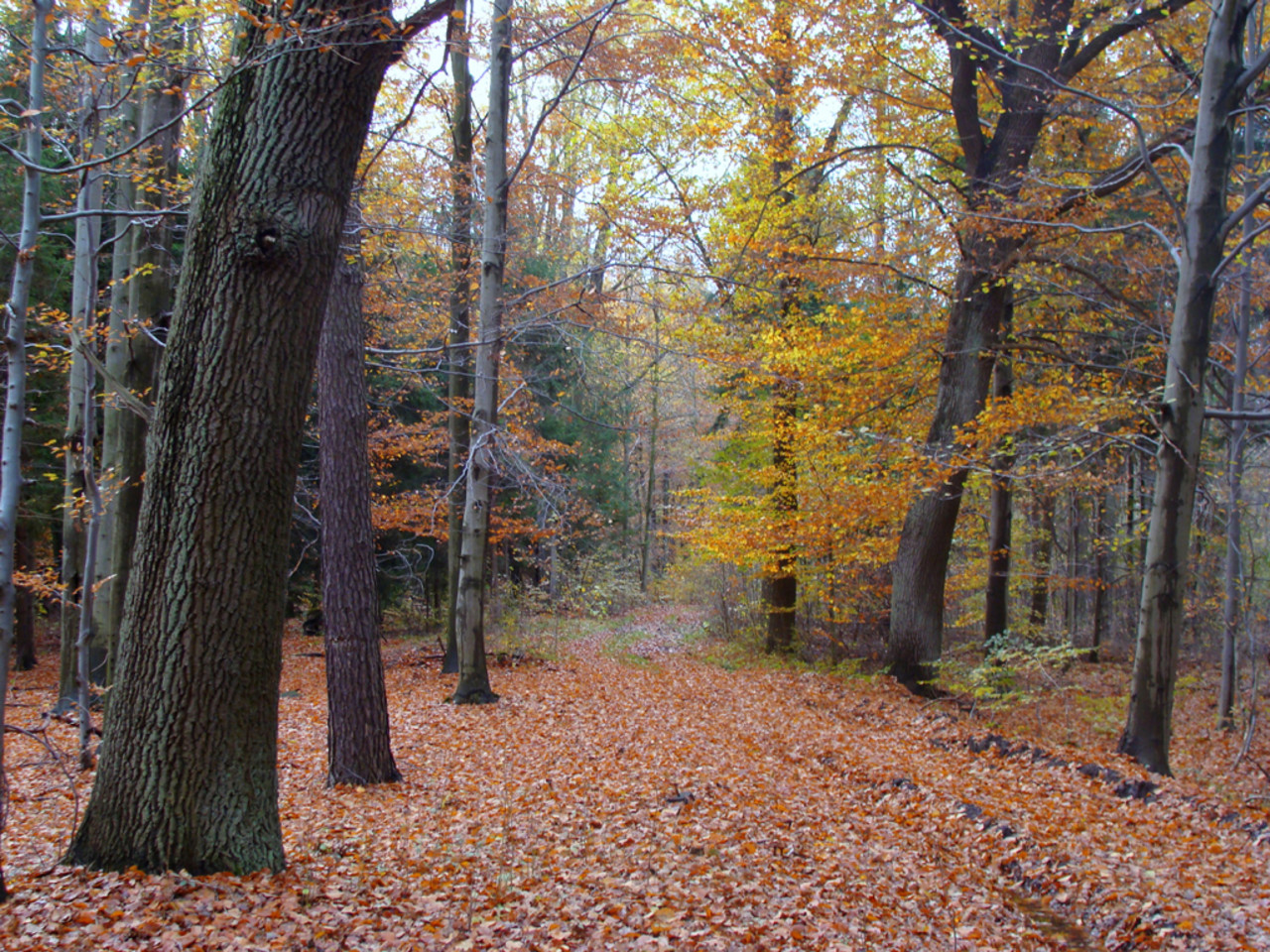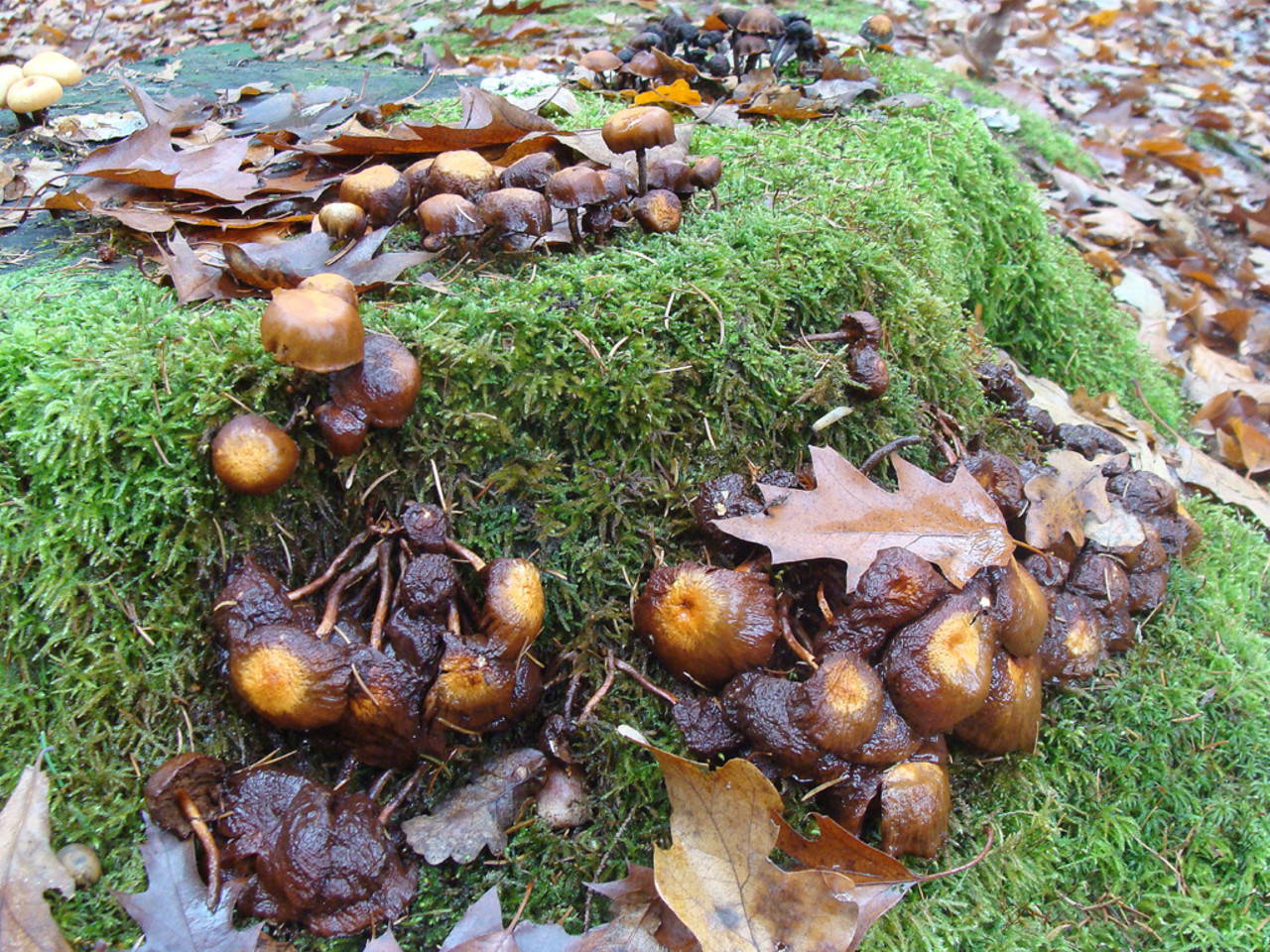Wine Tasting
페이지 정보

본문

Wine Tasting
What is the tasting process?
The tasting process in wine tasting includes a quantity of key steps that assist consider and recognize the complexities of wine. Here’s a breakdown of each stage:
1. Observation
Begin by examining the wine’s appearance. This contains:
- Color: Observe the hue, which can present perception into the age and type of the wine.
- Clarity: Look for any cloudiness or sediment.
- Viscosity: Swirl the wine and observe the legs that kind on the glass; thicker legs might indicate higher alcohol content or sweetness.
2. Swirling
Gently swirl the wine in the glass to aerate it, which reinforces its aromas. This motion encourages volatile compounds to flee, enriching your sniffing experience.
3. Smelling
Bring the glass to your nose and take a deep breath. Identify totally different aromas, which can vary from fruity, floral, spicy, to earthy. Think about:
- Intensity: How sturdy are the aromas?
- Complexity: Are there a number of layers of scents?
4. Tasting
Take a small sip of the wine and let it coat your palate. Focus on:
- Flavor: What flavors do you detect? Are they similar to the aromas?
- Body: Is the wine gentle, medium, or full-bodied?
- Balance: Consider the relationship between acidity, sweetness, tannins (in reds), and alcohol.
- Finish: Pay attention to the aftertaste; does it linger? What flavors remain?
5. Reflecting
Take a moment to appreciate the overall experience. Consider how the wine makes you feel and whether you wish to take pleasure in it again. Document your impressions if you’re tasting multiple wines!
Following these steps can enhance your wine-tasting expertise, permitting you to appreciate the intricacies of different varieties and types.
What is wine tasting session?
A wine tasting session is an organized occasion where individuals can sample and consider various wines. It is a chance to explore completely different wine varieties, perceive their distinct flavors, and learn in regards to the wine-making course of.
Key Components of a Wine Tasting Session
- Selection of Wines: A number of wines are chosen for the tasting, typically specializing in a particular area, grape variety, or fashion.
- Tasting Techniques: Participants are guided on the method to properly style wine, which incorporates trying, smelling, and sipping to investigate the wine’s characteristics.
- Food Pairings: Some sessions might include meals pairings, enhancing the tasting expertise by demonstrating how sure meals complement particular wines.
- Expert Guidance: Typically, a sommelier or wine skilled leads the session, 출장 offering insights and answering questions on each wine.
Common Objectives of Wine Tasting
- To develop an appreciation for different wine kinds and flavors.
- To educate individuals about wine regions, grape varieties, and production strategies.
- To identify personal preferences for wines.
- To foster social interplay amongst members by way of a shared experience.
Overall, a wine tasting session is each an academic and gratifying event, excellent for wine fanatics and novices alike.
Is wine tasting formal?
Wine tasting can vary in formality relying on the setting and occasion. In some cases, it can be fairly formal, going down in upscale environments where particular protocols are followed. This could embrace guided tastings led by sommeliers, with a concentrate on the wine's characteristics and pairing recommendations.

On the opposite hand, wine tasting may also be an informal experience, similar to at festivals, casual gatherings, or residence tastings with pals. In these conditions, the emphasis is commonly extra on enjoyment and exploration quite than strict rules.
Formal Wine Tasting
In a proper wine tasting, members may gown up, adhere to a schedule, and participate in structured evaluations of various wines. The use of specific terminology and the presence of a facilitator is common. Tasting notes may be taken, and food pairings are often included to enhance the expertise.
Casual Wine Tasting
Conversely, informal wine tasting allows for extra flexibility. Participants could simply pour and sip with none predefined structure or guidelines. Discussions could also be casual, focusing on personal preferences and experiences rather than technical details.
Ultimately, whether or not a wine tasting is formal or informal can depend on the context and the preferences of these concerned.
- 이전글Aviator Game Predictors: Legitimate or Scam? 25.01.04
- 다음글Slot Gacor: Menyingkap Rahasia Mesin Slot yang Selalu Memberi Kejutan! 25.01.04
댓글목록
등록된 댓글이 없습니다.

